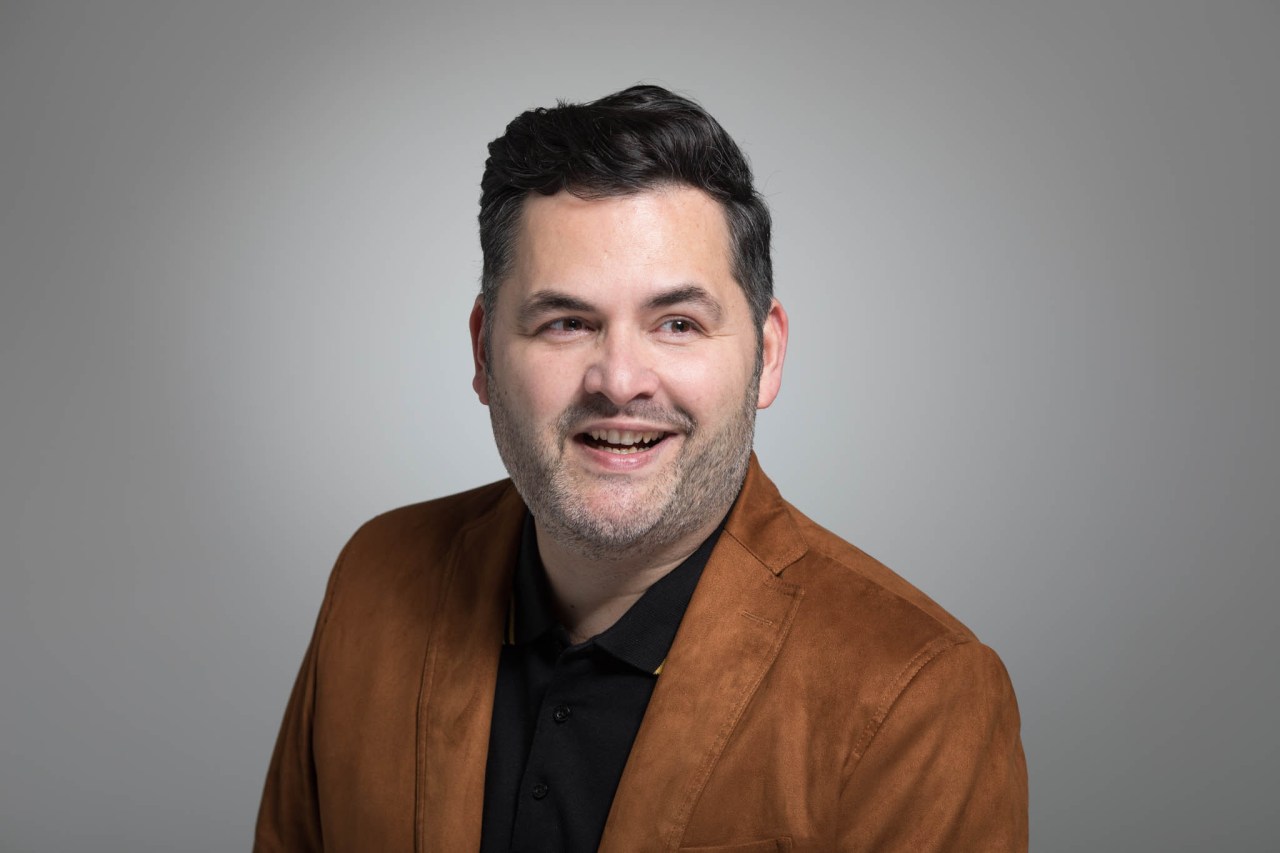Interview With Influencer Manager Marcio Delgado On What it Takes To Work With Creators and Brands
With the majority of the creative industry incorporating influencer marketing into their vision, and a rich variety of content creator collaborations surfacing, British Style Society talks to London-based Journalist and Influencer Manager Marcio Delgado to get his insights on what brands are looking for influencers, as well as how content creators can become brand ambassadors and land paid partnerships.
How did you start working with influencers?
In a very organic way, I would say, because the idea of bringing together a product that is seeking exposure and individuals with a voice to influence others to buy something is not new and in my career, it was a natural shift. I was originally a content creator, before then becoming a manager for influencer marketing campaigns.
How do you find influencers?
This is probably the question I get most often, almost on a weekly basis. It involves a lot of teamwork, and all of us at RDB | Robin des Bois – try to avoid automated tools if we can. When it comes to finding the right content creators to work with it is more important to focus on quality rather than quantity. During the research process, I also find things out about the influencer, helping me to identify whether they are suitable for specific brands. This is really important as it can make or break a campaign.
How do you ensure that the influencers you decide to work with are a good match for your client?
It all starts with a clear briefing, making sure that I understand what a client expects for a specific campaign. It would be impossible to find the right content creators without knowing which type of influencer I am looking for. It is never about the number of followers or likes – what will matter in the end is the level of affinity between the brand and the content creator, and the engagement that a collaboration will create, both online and offline.
Which one is a sure bet: micro-influencers or celebrity influencers?
Each client coupled with their campaign are unique, and so the utility of micro-influencers and celebrity influencers differ. Celebrities bring in the numbers – they already have a solid following and often reach a wider fan base. However, micro-influencers have very high engagement rates in specific niches. If the aim of a campaign is awareness, to have brand visibility, no doubt someone with millions of followers is your ideal partner. However, if the idea is to target a specific group of customers and keep the conversation about a product or service going, then a brand needs to work with micro-content creators that have a loyal number of followers interested in that topic. This is the case even if the amount of followers is much lower than your favourite singer or actor.

What is the favourite influencer marketing campaign you have worked on and why?
No doubt, it is the Western Union’s #LiveMoreShareMore campaign. This was a milestone for me. From late 2017 until May 2019 we worked on several forms of full-funnel content, including over 100 videos stories featuring awesome content creators. One of the best parts was to learn a lot from influencers from all over the world and to be able to travel to over 20 countries to meet them and film with them for the project. We had a very balanced ratio of content creators: from micro-influencers with inspiring stories to celebrities with up to 14 Million people interested in seeing what they have been up to. It is always exciting when you start a journey and it ends successfully; specifically, we were subsequently given a few awards. Some of those influencers became friends, some of them I have since worked with on different projects. This is why I would describe it as a very special campaign.
What are the most important things aspiring influencers should be aware of?
For those looking to become a full time or part-time content creator, be honest and don’t try to take the fast route. There are several platforms in which brands and agencies can check if your engagement is genuine, if your growth is organic or if the influencer is buying fake followers, likes or comments. The only people that will get returning clients are the ones with proven return on investment and inflated numbers won’t deliver good results.
What is the future of influencer marketing?
Micro-influencers will be on the rise again this year. They deliver a much higher ROI for a specific niche. Regardless of the size of an influencer, I honestly think people have had enough of traditional advertisement trying to sell them something. We all hate to be told what we should buy and how to spend our hard-earned money, so instead of telling you influencers instigate a genuine conversation, so it feels more natural than a brand trying to sell you something. Companies will carry on learning on how to work with content creators rather than simply valuing reach over engagement, and influencers will become more professional if they want to stay relevant and make a profession out of creating valuable content for brands.







